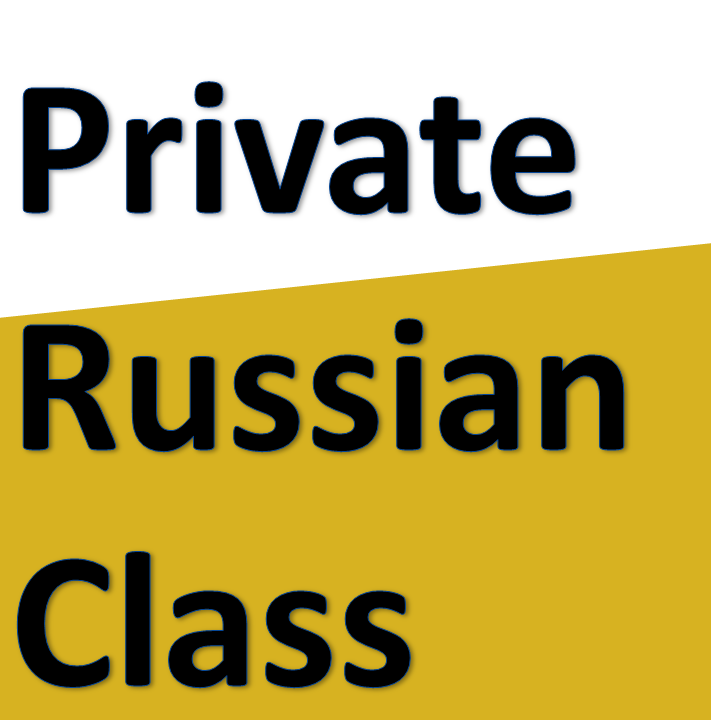Decision to study Russian language online with native speaker teacher is justified by willing to speak and pronounce correctly. Skype or Zoom lessons become an optimal option
Learning Russian online, people are often faced with pronunciation issues during lessons. Apart from the confusing Russian alphabet (or handwriting), almost every other letter has a challenging sound. To study the proper language is impossible without short or more extended Russian pronunciation practice.
Pronunciation pitfalls that hinder to learn Russian
Working as a teacher for more than 12 years, our headteacher is always asked such questions as “how to pronounce Ы, Ч, ВЫ, МЫ, etc.” or “how to improve my pronunciation”. Yes, our letters, as well as their sounds, could be very tricky. It is completely wrong to assert that letters have the same pronunciation regardless their position or combination in the Russian words or even phrases.
We will name just few common mistakes of non-Russian speakers on any level:
- No consonants devocalization of at the end of a word.
- Ignoring the length of the pronunciation of stressed and unstressed vowels.
- Wrong changing of the stressed syllable after declination.
- Pronunciation confusing with iotated letters.
- Not using some vowel reduction without stress.
Not every online or normal dictionary has a phonetic transcription in English or other languages. Moreover, an app which has an automated phonetic generator may misrepresent the real pronunciation, and, of course, it cannot test a student. Why is it so? And what could be done?

In our mother tongue, we have numerous phonetic rules that are divided into two big groups: vowels and consonants. To our mind, the best way to introduce them to the students is balances including into the studying process.
For example, we learn Russian greeting models and improve our accent by chance. Although some books offer us a separate Russian pronunciation course.
Apart from the single letters, there are clusters of vowels and consonants that are hard to pronounce or even impossible to guess their real right sounds without audio. For example, -ТСЯ and -ТЬСЯ. In that case, YouTube might be very helpful. Or some student’s books have a clear phonetic guide with text explanations.
Another difficulty is that educational materials differ from real-life speech, especially in speed. When people speak fast, one long phrase sounds like one super-long word to a foreigner.
Our teaching tricks in studying Russian pronunciation
We, as tutors, have for our students a few Russian pronunciation tips. We select carefully various rhymes, tongue twisters, short poems for improving their pronunciation. Some clients desire to speak with a slight accent or even without it. Then our work becomes more sophisticated.
The best practice is singing a song. First, you listen to the sounds and their combination, and then you reproduce, trying to copy them. For the beginners or for those who have recurrent phonetic slip, singing must be done in a drawling manner.
You may book Private Russian classes on pronunciation if it is the only drawback. That will save your time and money.
Visiting this site you agree with the TERMS AND CONDITIONS
